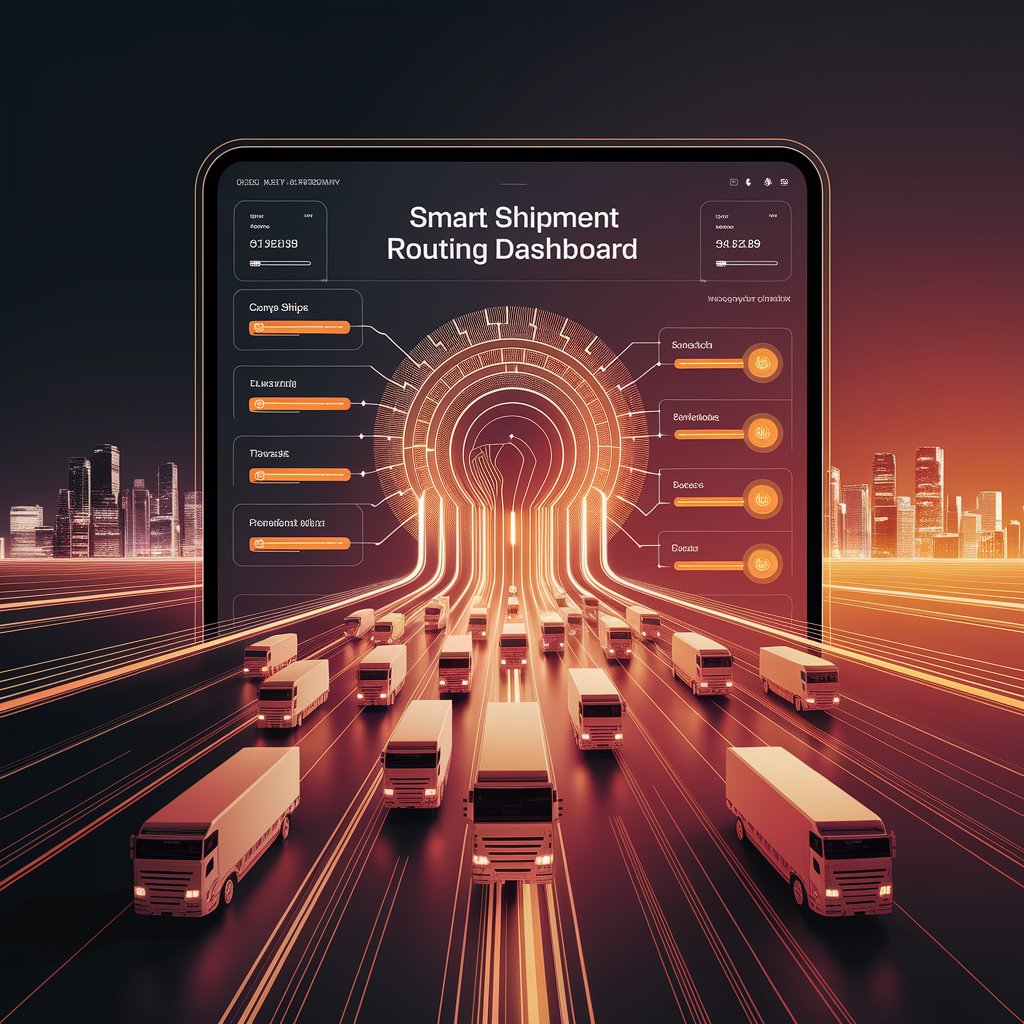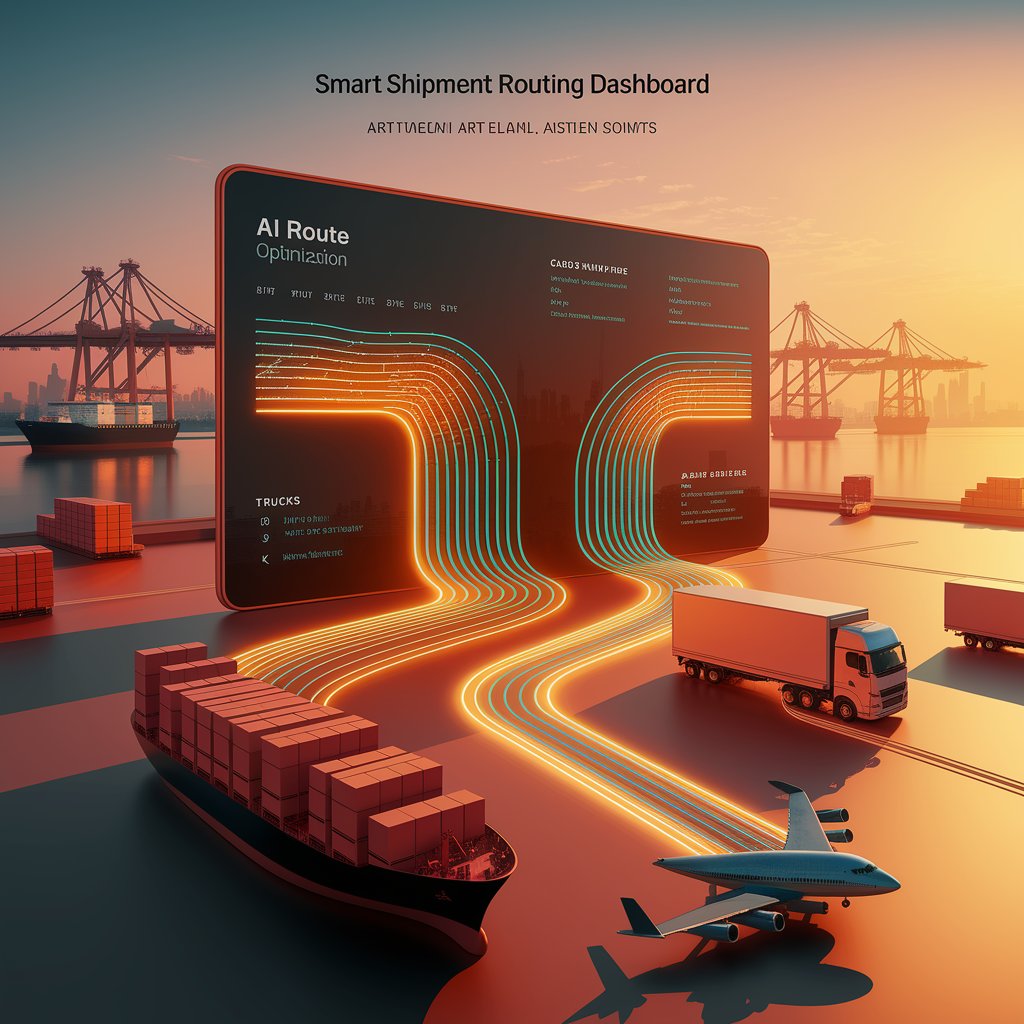Smart Shipment Routing: Optimizing Freight in Real Time

Introduction
This is where smart shipment routing brings transformation. Powered by AI, IoT, and real-time analytics, it enables logistics providers to choose optimal routes dynamically, balancing speed, cost, and reliability.
What Is Smart Shipment Routing?
Smart shipment routing is the use of advanced technology to optimize cargo routes in real time. Instead of relying on fixed schedules or manual adjustments, intelligent systems continuously evaluate multiple factors—such as demand, available carriers, and external risks—to generate the most efficient routing decisions.
This ensures that shipments reach their destinations faster, with lower costs and fewer disruptions.

Key Features of Smart Shipment Routing
- Real-Time Optimization: Continuous recalculation of routes based on live data.
- Multi-Modal Flexibility: Seamless coordination across air, ocean, rail, and trucking.
- AI-Powered Insights: Predict delays and recommend alternative routes.
- Sustainability Focus: Suggest eco-friendly routes to reduce emissions.
- Automated Adjustments: Re-routing shipments instantly when disruptions occur.
Benefits for Logistics Providers
- Efficiency Gains: Maximize load utilization and fleet productivity.
- Cost Reduction: Lower fuel and transit costs with optimized routing.
- Resilience: Minimize delays by quickly adapting to disruptions.
- Customer Satisfaction: Deliver on time with transparent ETAs.
- Sustainability: Achieve greener logistics through smarter planning.

Real-World Applications
- Freight Forwarders: Optimize multimodal routing for global trade lanes.
- Carriers: Dynamically adjust trucking and fleet schedules.
- 3PL Providers: Provide clients with real-time routing visibility.
- Retail and E-commerce: Manage high delivery volumes with flexible routing.
- Cold Chain Logistics: Protect perishable cargo with optimized temperature-sensitive routes.
The Future of Smart Shipment Routing
The future of smart shipment routing will integrate with blockchain, predictive AI, and digital twins. Blockchain will secure routing data and contracts, predictive AI will anticipate disruptions like strikes or storms, and digital twins will simulate entire transport networks to stress-test scenarios. In the long term, routing will become self-learning and autonomous, adjusting in real time without human intervention.

Conclusion
Smart shipment routing is transforming logistics by combining intelligence, adaptability, and efficiency. With real-time optimization, AI-driven predictions, and multi-modal coordination, it allows companies to reduce costs, improve service, and build resilient supply chains. For logistics providers aiming to thrive in a competitive market, adopting smart routing solutions is not just a strategy—it’s the future of freight management.
